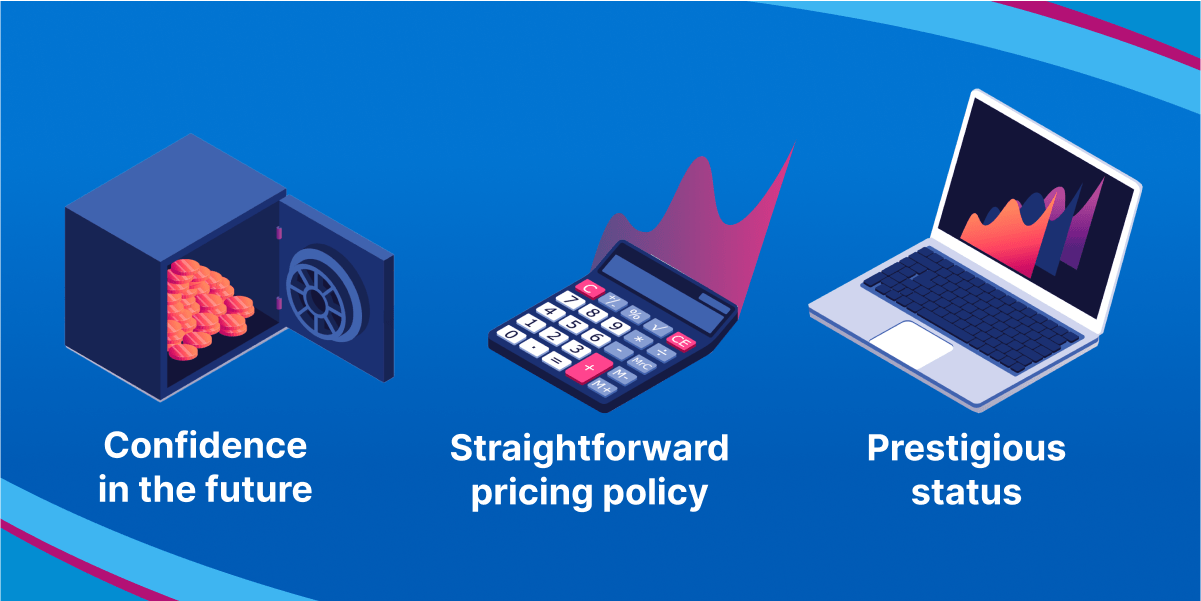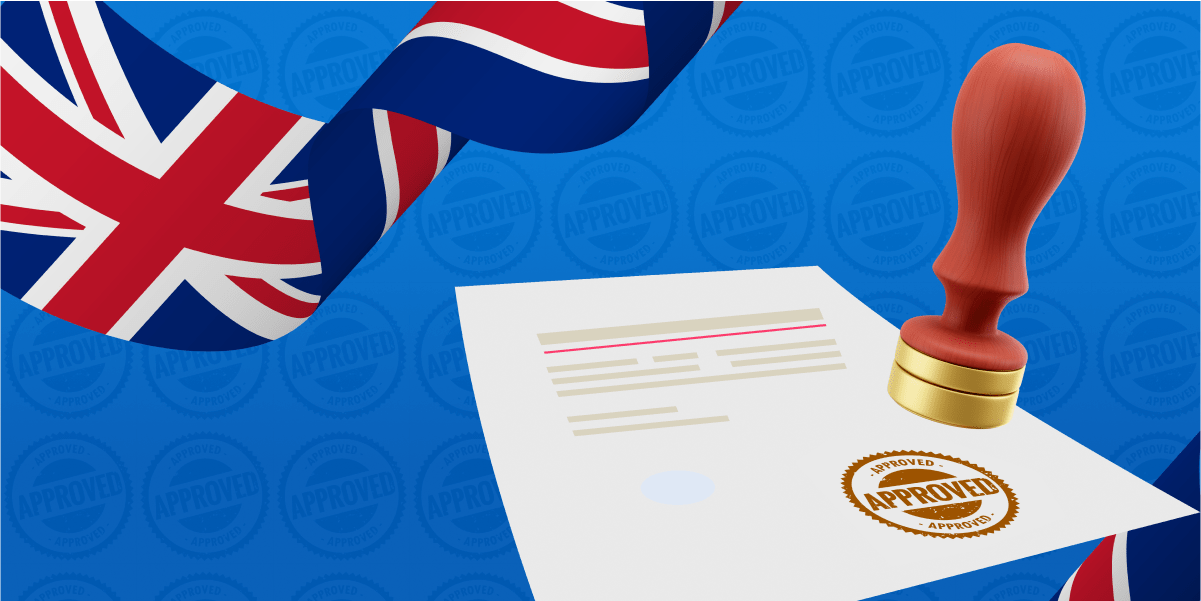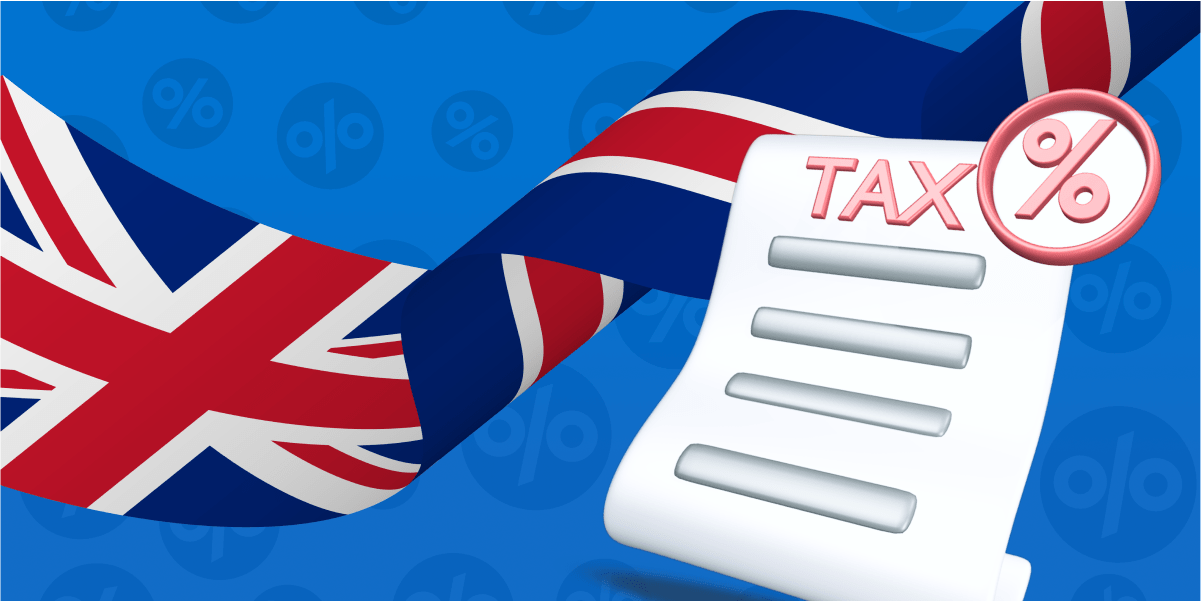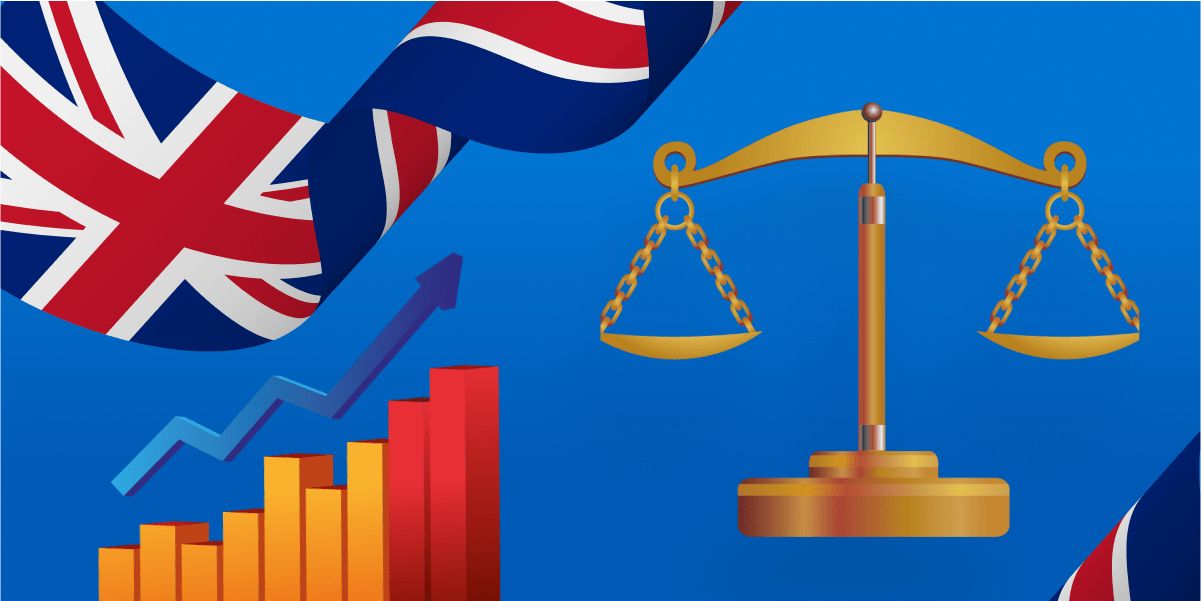Highlights of the Article
- There are three primary types of gambling licences in the UK: Remote Casino, Remote Betting Standard, and Gambling Software.
- The costs associated with UK gambling licences are considerable, with varying fees based on the licence class and additional legal service costs.
- Navigating the UK gambling licence application process can be complex, highlighting the importance of expert guidance from GamingLicensing for success.
- All gambling operations in the UK are regulated under the 2005 Gambling Act, ensuring fair and responsible gambling.
- In 2023, the UK Gambling Commission introduced the “Tell us something in confidence” service for reporting illegal gambling activities.
- The UK gambling market, the largest in the EU, recorded a Gross Gambling Yield of £15.1 billion, showing a 6.8% year-on-year increase.
- A UK gambling licence brings benefits like legal security, a straightforward pricing policy, and elevates a business’s reputation, with licence fees ranging from EUR 1,000 to EUR 16,000.
Why is it important to have a UK online gambling license?
A UK gambling license is a special permit that allows casinos to offer more than just casino games. It is a guarantee of an operator’s integrity and transparency and the fact that it always pays out players’ winnings.
The United Kingdom was one of the first European countries to establish clear requirements for operators and social protection measures for players. Their gambling market is the largest in the European Union, which makes it very attractive for online casino owners from all over the world. After receiving a license from the United Kingdom Gambling Commission, a casino can offer online betting, video slots, live games and many other forms of gambling. All gambling operations in the country are regulated by the 2005 Gambling Act. In 2014, due to the rapid growth of the online gambling industry, several amendments to the law were introduced.
The advantages of the UK license look very convincing:
- Confidence in the future. The United Kingdom is a country with a fair legal system. This means that a casino owner can set any business goals they want and rely on the state’s protection.
- Straightforward pricing policy. The English are famous for their pedantry. For example, the UKGC’s website has a license fee calculator where one can input various parameters of their business to determine the total cost of a permit.
- Prestigious status.A UK gambling licence is a quality mark enhancing players’ trust. If you managed to obtain it, make sure to mention this fact on your website, and you will see your traffic increase.

Does the UK gambling license have any disadvantages? Perhaps only one — the country’s regulation excludes the possibility of using cryptocurrencies in online casinos. The UKGC does not explicitly prohibit having Bitcoin as a main payment method; however, the anonymity of digital currencies makes gaming operators unable to accept altcoins without breaking the AML rules. If you want to open a crypto casino, you should explore other options, as the UK permit in its current state will not meet your needs.
Requirements for obtaining a UK iGaming license
When processing an application, the Commission pays close attention to founders’ financial status and criminal record. There are also a number of important requirements for applicants:
- Fairness and transparency of games must be ensured by an RNG system;
- Only licensed games are allowed;
- All the necessary conditions for safe and responsible gambling must be created;
- Restrictions for minors must be in place;
The entire set of requirements is described in the Licence Conditions and Codes of Practice issued by the UK Gambling Commission. Note that the requirements differ depending on the type of licence you are applying for, as do the software technical standards, which can include a speed of play of 2.5 seconds per spin in slot games.
How to apply for a UK gambling license
There are three types of self-explanatory gambling licenses in the United Kingdom:
- Remote Casino;
- Remote Betting Standard;
- Gambling Software License.
According to the Gambling Act, all gambling equipment must be located in the UK. The Commission monitors the integrity of operators and prevents any illegal activities. Note that the UKGC does not handle player complaints. This responsibility lies exclusively with licensees.

The easiest way to obtain a UK gambling permit is to apply through the official UKGC website. Your application will be reviewed within several weeks, and the whole issuance process takes about 4-5 months. In order to submit an application, you will need to:
- Prepare basic documentation. Depending on the license type and the company’s activities, it may include up to 25 papers;
- Ensure your presence in the UK;
- Pay a license fee of EUR 1,000 to EUR 16,000. The price of an actual application is just £370, but the licence fees are much higher than that.
The rest depends on the Class of the license. For example, if you are planning to open an online casino, it is necessary to prepare documents which clearly describe the gambling software’s behavior, your operating model, and other details. Any individual responsible for management functions must have a Personal Management License (PML).
UK gambling licenses are issued for a period of up to five years. GamingLicensing draws your attention that these permits are prestigious, but quite expensive. Their annual cost varies from EUR 1,000 to EUR 40,000. Legal services, such as annual reporting, handling taxation matters, and communicating with the UKGC representatives, add another EUR 1,200 per month to the price tag.
Finally, about the tax regime. The corporation tax rate in the UK is currently set at 19%. Sportsbook and online casino owners pay an additional 15% tax on income.

Licence Types
In order to run a gambling business in the UK, individuals and their business require:
- An operating licence
- A Personal Management Licence
- A Personal Functional Licence
- A premises licence (from the local licensing authority, issued to non-remote businesses).
By far, the most important licence is the operating one which is further divided into:
- Non-remote
- Remote
- Ancillary
Let’s break down different licence types in more detail, including licences that apply to gaming machines.
Slot Machine Licence
There are eight types of slot machine licences, from category A to D. The only machines without any limits to stakes are the A gaming machines, but no such licences have been issued so far. Slot machines, as we know them, are largely housed under the B1 category and entail the following requirements:
- B1 gaming machines have a maximum stake of £5 and a maximum prize of £10,000, with an option for a £20,000 linked progressive jackpots.
- Only available in casinos with a non-remote 2005 Act or 1968 Act casino operating licence.
- The minimum RTP is not set.
- All machines require testing by an independent test house to ensure full compliance with technical standards.
Remote Society Lottery Licence
If you want to apply for a lottery operating licence and offer the lotteries over the Internet, you’ll need a remote gambling operating licence as well. The current National Lottery licence is awarded to Camelot, but you can still get a remote society lottery licence which must be run for good causes and not private or commercial gain.
Depending on the proceeds, the corresponding annual and application fees will apply, ranging from £235 to £8,350. Reach out to GamingLicensing for further details and guidance.
Bingo Licence
To run a remote bingo operation where you plan on offering services to consumers in Great Britain, regardless of the provider’s location, you need to apply for a special bingo licence. The application fees vary based on annual gross gambling yield, ranging from £4,224 to £91,686.
The annual fees are scaled based on gross gambling yield, with higher revenues incurring significantly higher fees. Your first annual fee is due 30 days after your licence is issued. The initial fee is reduced by 25%, but this doesn’t apply to ancillary and linked licence annual fees.
Remote Betting License
The remote betting licence is necessary for all providers offering gambling services to Great Britain consumers online. Note that providers offering both real and virtual event betting need an additional general betting (standard) (virtual events) operating licence.
The application fee structure varies based on annual Gross Gambling Yield, starting at £4,693 and scaling up to £41,243. The annual fees are also based on Goss Gambling Yield and range from £5,282 to over £1 million. Contact GamingLicensing for more information on the documentation and requirements.
2023 Updates
In a move to reinforce regulatory compliance and promote ethical practices, the UK Gambling Commission introduced pivotal updates in 2023. A key innovation is the “Tell us something in confidence” service.
This anonymous reporting mechanism addresses crucial issues like sports betting integrity, underage gambling, and money laundering. It’s designed to be intuitive, enabling the submission of various types of evidence, such as documents and images. Importantly, it offers an optional feature for whistleblowers to provide contact details for further communication.Also, the UKGC has opened a set of consultations to implement proposals by the Government in its Gambling Act Review White Paper High stakes. During the consultations, topics such as removing Commission requirements that would become obsolete due to the government’s upcoming statutory levy, the introduction of new customer-led tools, and many other requirements are expected.
Conclusion
Successful operators understand that in the long run, a UK gambling license will not only recover the costs, but also make a handsome profit. The country’s gambling industry is associated with reliability and transparency of business processes. It has credibility among both gaming operators and casino players.
Preparing documents and submitting an application for a UK license is a complex and time-consuming process. One mistake in documentation may result in delays or even denial of the license.
Get detailed advice from GamingLicensing experts on the jurisdictions of the United Kingdom, Curacao, Malta and any other country. We will successfully guide you through all the steps of the application process and will answer all your questions. To contact us, please send an email or fill out our simple form.


